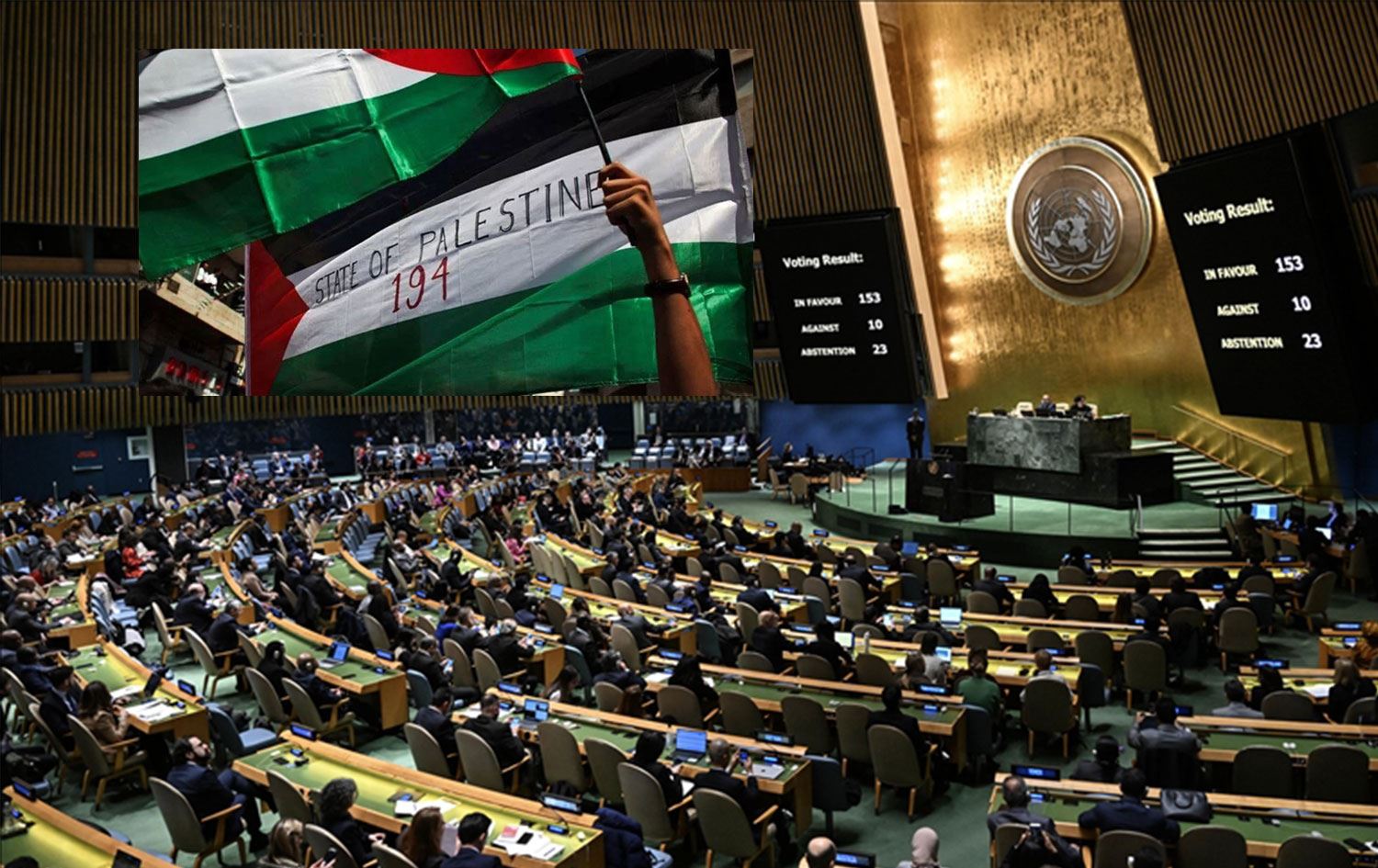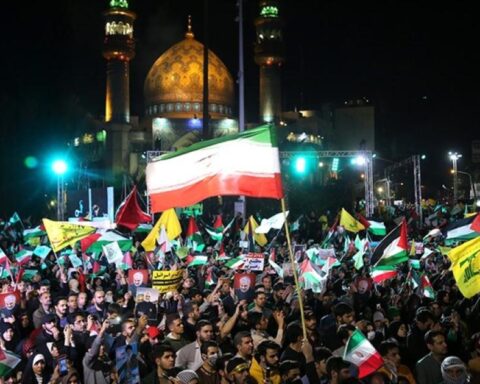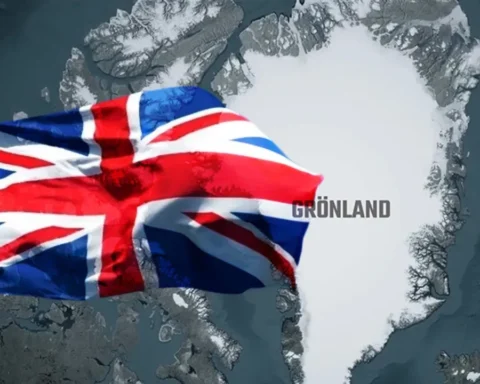The UN does not even pretend to be a servant of a moral order rooted in law anymore. It serves only the balance of its own internal politics.
The United Nations weighed in once more—and, once more, the world rolled its eyes. Immediately after a police raid in Rio de Janeiro that claimed the lives of over one hundred, the UN’s Human Rights Office vehemently denounced Rio de Janeiro’s conservative governor, Cláudio Castro, for what it called a “deadly operation” of “extreme, lethal consequences”. What it left out is that all of the victims were policemen or narcoterrorists. There were no civilian casualties. Not one.
It didn’t make any difference. This is an institution that has long lost its taste for facts. What drives it now is theatre—ritual condemnation on the altar of human rights, the last moral capital of a useless and toothless bureaucratic colossus with very little discernible use. The UN has its preferential villains: strong states asserting their sovereignty, governments that boldly police their own streets, and leaders that still believe law and order are the lifeblood of civilisation. The Brazilian federal government of left-wing President Lula da Silva, of course, had nothing to do with it; the raid was wholly the brainchild of Rio de Janeiro’s conservative leadership. And that is why, like Hungary when it strives to defend its borders or Poland under the previous PiS government when it tried to shield its sovereignty from wanton, undue EU interference, so too was Rio de Janeiro immediately badmouthed by these faux harbingers of virtue. One hopes that Castro will ignore the UN’s calls to surrender his city to criminal gangs and, instead, continue to hit them hard.
This latest, shameful episode comes to confirm, once again, the moral bankruptcy of the United Nations. The UN has—deservedly—become what it was meant not to become: a pulpit. It is now an international moral church of sorts whose priests sit in Geneva and New York and whose scripture is dictated by the bien-pensant Left. It makes a charade of the very notion of impartiality.
Indeed, in Brazil’s case, it barely seems to notice that Rio’s drug barons are able to control entire slums as feudal fiefdoms; it doesn’t pity the hundreds of thousands of ordinary, innocent people who live under the bloodthirsty tyranny of organised crime. It doesn’t care that this malignant tumour spreads its evil internationally, with the operatives entrenching themselves as a powerful presence in Portugal and elsewhere in Europe as well as poisoning increasing numbers of Europeans with their drugs. More than any other global institution, the UN has now degenerated into an international of wokery: Its nonsense on ‘systemic violence’ and ‘structural racism’ has replaced analysis or common sense. Moral theatre has done away with moral clarity.
This charade isn’t even hypocritical anymore. Hypocrisy, after all, involves some perception of right and wrong—it might be ugly, but it is not oblivious. The UN, meanwhile, does not even pretend to be a servant of a moral order rooted in law anymore. It serves only the balance of its own internal politics. The bureaucracy survives by condemning only those who it is safe to condemn.
The irony is that the UN was established specifically to avoid this fate. It was meant as a forum for sovereign countries, not as an ultra-politicised court. But sovereignty has become a meaningless word for the UN, captured as it has been by latte-sipping liberal globalists. Those who currently populate the institution speak in the banal Esperanto of Western left-wing midwitery. They seldom have any meaningful political experience. They are alien to reality, and reality is alien to them.
The UN’s condemnation of Brazil is a perfect example of this pernicious catechism. The real Marx, whatever his faults, would have stood up to applaud the destruction of the vile lumpenproletarian hellholes of the Brazilian favela; he would have cheered for the liberation of working-class communities from the iron rule of the drug lords. Engels, similarly, would have condoned Hungary for protecting its working people from the incoming hordes of cheap, socially disruptive labour with which Merkel and those before and after have systematically asphyxiated Europe. The UN’s current mainstream sensitivity is not even classically left-wing; it betrays a mindset that is specifically and unequivocally drawn from modern bourgeois-bohème Western leftism.
Meanwhile, genuine atrocities—the mass slaughter of Christians in Nigeria or Syria, the abominable massacres in Sudan, the rampant gang rule and cannibalism in Haiti, with the UN still failing to fund the mission approved in 2023—continue unabated. They are referred to, if at all, as asterisks to reports written in the language of cowardice. The UN moral vocabulary has become utterly risible.
The price of all this corruption is irrelevance. No serious power finds the UN credible anymore. The Security Council is an opera of vetoes; its resolutions carry no weight at all. Peacekeeping missions fail, humanitarian aid organisations rot in corruption scandals, and the lofty words of the Charter are heard echoing through empty chambers.
If the UN is to survive the coming decades, it will not be through reform but through restoration. It must return to its founding principle: that of an assembly of equal, sovereign states bargaining over their mutual interests and concerns, not as a platform for empty virtue signaling. And if it can’t, it will wither away—perhaps not with a bang, but with a yawn of irrelevance.
And maybe, in the end, that would be the most ethical thing it could do.
* Rafael Pinto Borges is the founder and chairman of Nova Portugalidade, a Lisbon-based, conservative and patriotically-minded think tank. A political scientist and a historian, he has written on numerous national and international publications. You may find him on X as @rpintoborges.
Source: https://europeanconservative.com/articles/analysis/the-sad-suicide-of-the-un/






